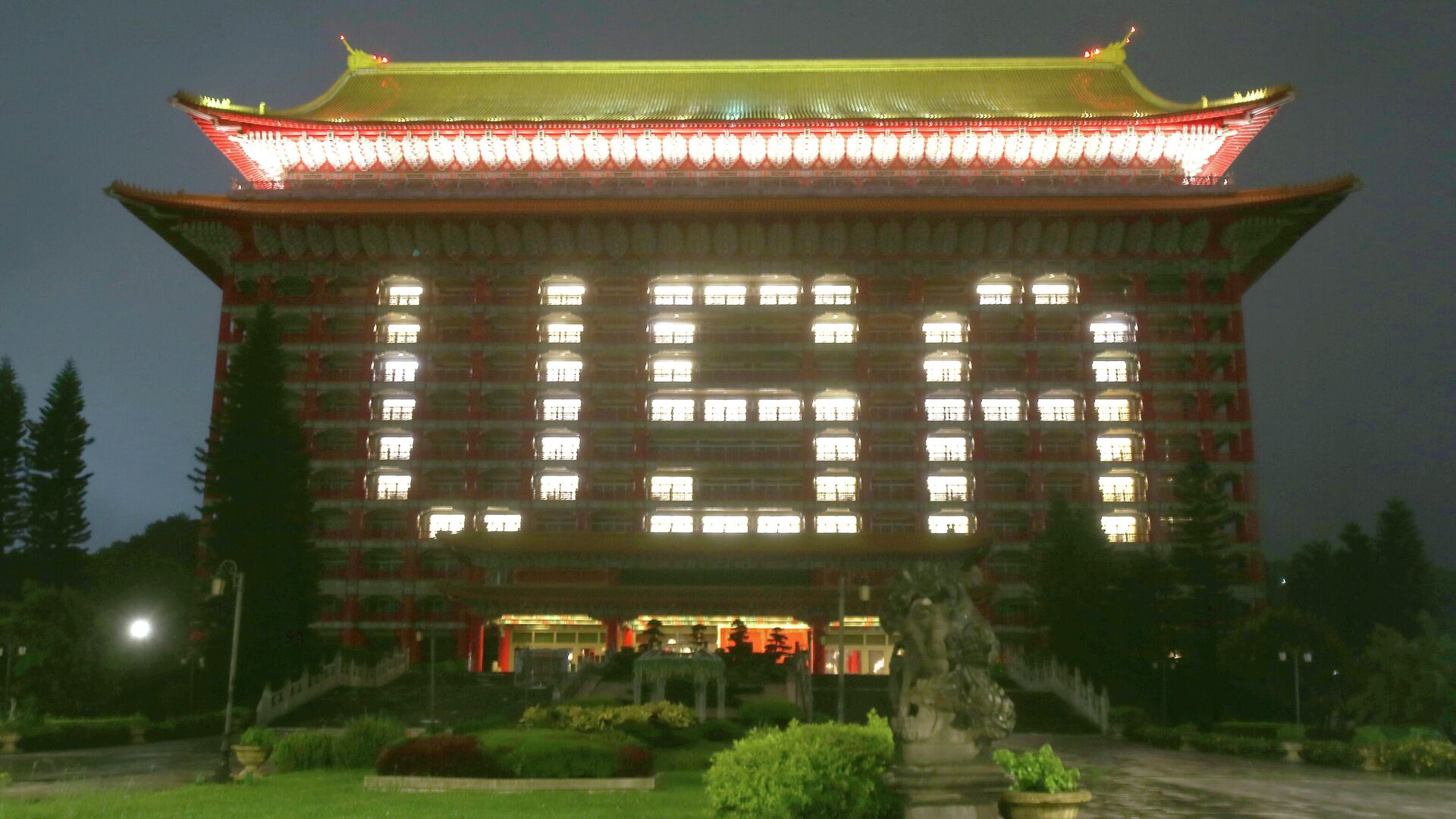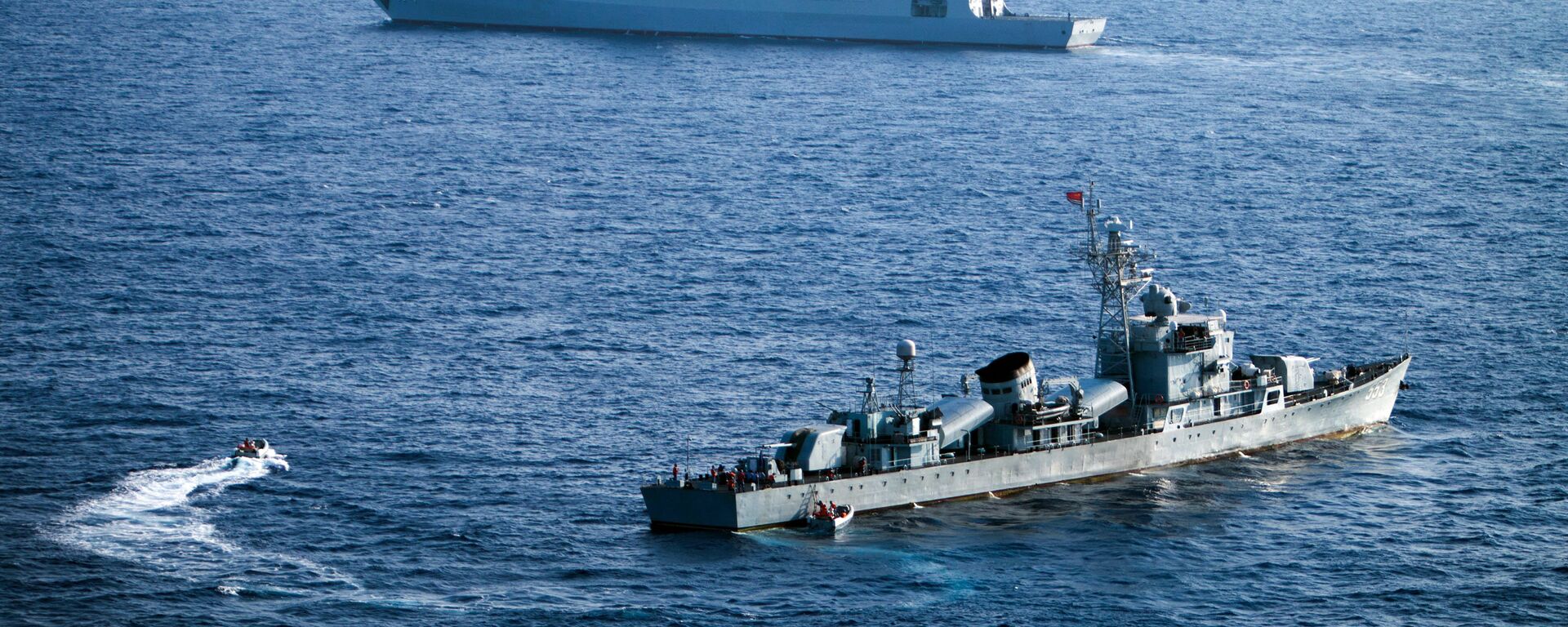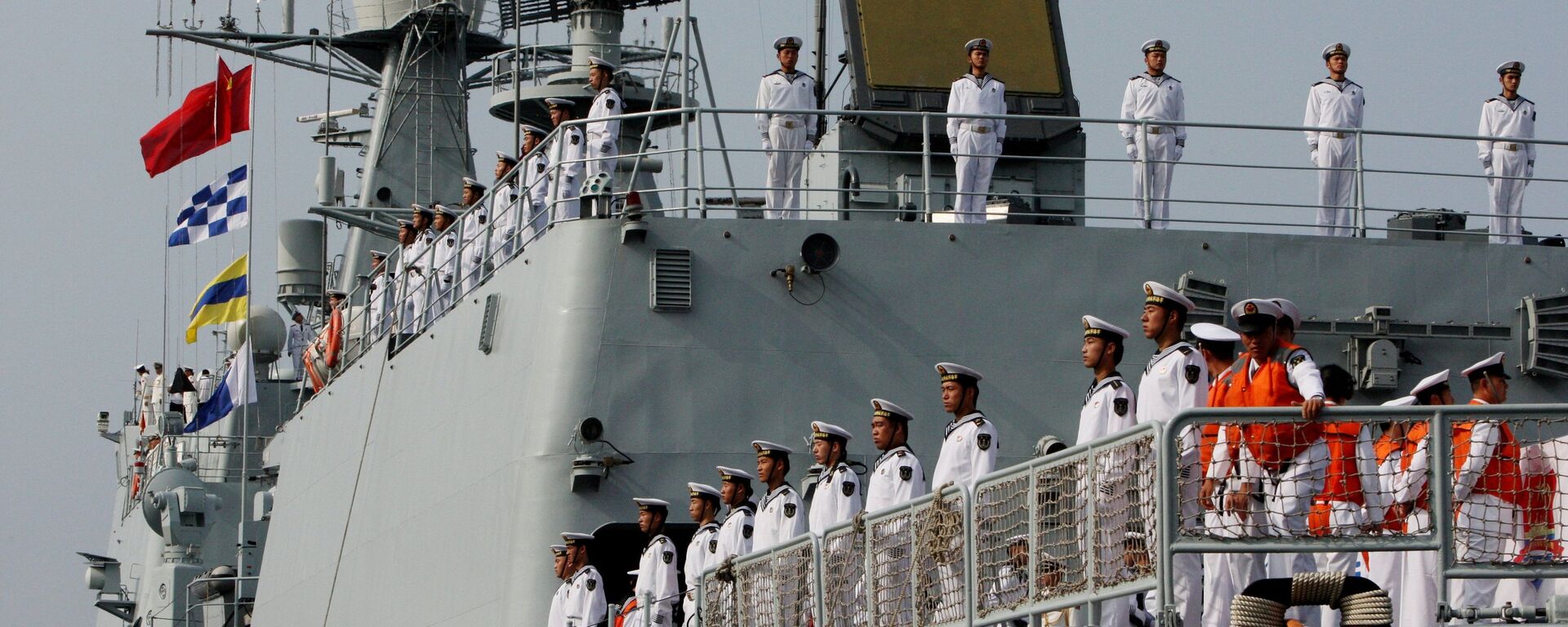US Does Not Support Taiwan Independence But Will Continue to Expand Ties With Taipei, Blinken Says
15:17 GMT 26.05.2022 (Updated: 12:43 GMT 19.06.2023)

© AP Photo / Chiang Ying-ying
Subscribe
Joe Biden sparked a diplomatic flap with Beijing this week by saying the US would come to Taiwan's aid militarily if the island were invaded by China. US officials quickly corrected the president, saying US policy of 'strategic ambiguity' remains unaltered. China warned the US would face "unbearable" costs if it "continues down the wrong path."
The United States does not support Taiwan independence, but will continue to expand its ties with Taipei militarily and diplomatically, Secretary of State Antony Blinken has indicated.
"We do not support Taiwan independence and we expect cross-Strait differences to be resolved by peaceful means," the secretary said, speaking at George Washington University on Thursday. "Our approach has been consistent across decades and administrations. The United States remains committed to our 'One China' Policy. We oppose any unilateral changes to the status quo from either side."
"While our policy has not changed, what has changed is Beijing's growing coercion, like trying to cut off Taiwan's relations with countries around the world and blocking it from participating in international organizations," Blinken said.
The secretary emphasized that the US would "continue" to uphold its commitments under the Taiwan Relations Act to assist Taipei in maintaining "sufficient self-defence capability," and support the island's "meaningful participation in the international community."
Blinken also assured that the US was not "looking for conflict or a new Cold War" with the People's Republic, but suggested that China's "vision" of the international order would "move us away from the universal values that have sustained much of the world's progress over the past 75 years."
"We can't rely on Beijing to change its trajectory. So we will shape the strategic environment around Beijing to advance our vision for an open and inclusive international system," Blinken warned.
The secretary of state indicated that the bloc of nations the US has forged to confront Russia over Ukraine would also be used over the long term against China. "Even as President [Vladimir] Putin's war continues, we will remain focused on the most serious long-term challenge to the international order - and that is the one posed by the People's Republic of China," Blinken said.
Thursday's broad-ranging China speech, initially intended to be delivered by President Biden, fell to Blinken, who was supposed to give it at the beginning of the month, but had to postpone it after catching Covid.
It's unclear whether President Biden's comments in Japan on Monday implying that Washington would come to Taipei's assistance should China "invade" Taiwan led to any edits to Blinken's prepared remarks. The president, who has now hinted that the US would send troops to Taiwan in the event of war at least three times over the past year-and-a-half, "clarified" Tuesday that no changes had been made to US policy.
White House officials and Secretary of Defence Lloyd Austin also rushed to clarify the Biden's remarks, saying the president meant to say that the US would provide military equipment, not boots on the ground.
The People's Liberation Army's Eastern Theatre Command announced Wednesday that Chinese drills in the Philippine Sea were meant to serve as a "stern warning" against the "recent collusion activities" between the US and Taiwanese secessionists.
"Taiwan is a part of China. The troops of the PLA Eastern Theatre Command have the resolution and capability to thwart any external forces' interference and secessionist attempts for 'Taiwan independence', and to firmly safeguard national sovereignty and security as well as regional peace and stability," PLA Eastern Command spokesperson Shi Yi said.
Beijing considers Taiwan to be sovereign Chinese territory, and has repeatedly vowed to reunify the island with the mainland by peaceful means over time. At the same time, Chinese leaders have expressed alarm over efforts by the island's current authorities to make steps toward independence, a move the PRC has warned it would never tolerate.
The US recognized the PRC as the one and only China in 1979, but has kept informal relations with Taiwan, including arms sales and unofficial diplomatic support, in place. In the decades before that, Beijing and Taipei each claimed sovereignty over the whole of China, with the US and its allies supporting Taipei's claims. Taiwan broke off from the mainland's control in 1949, when Mao Zedong's communists won the civil war, forcing the nationalist Kuomintang to escape to the island.


